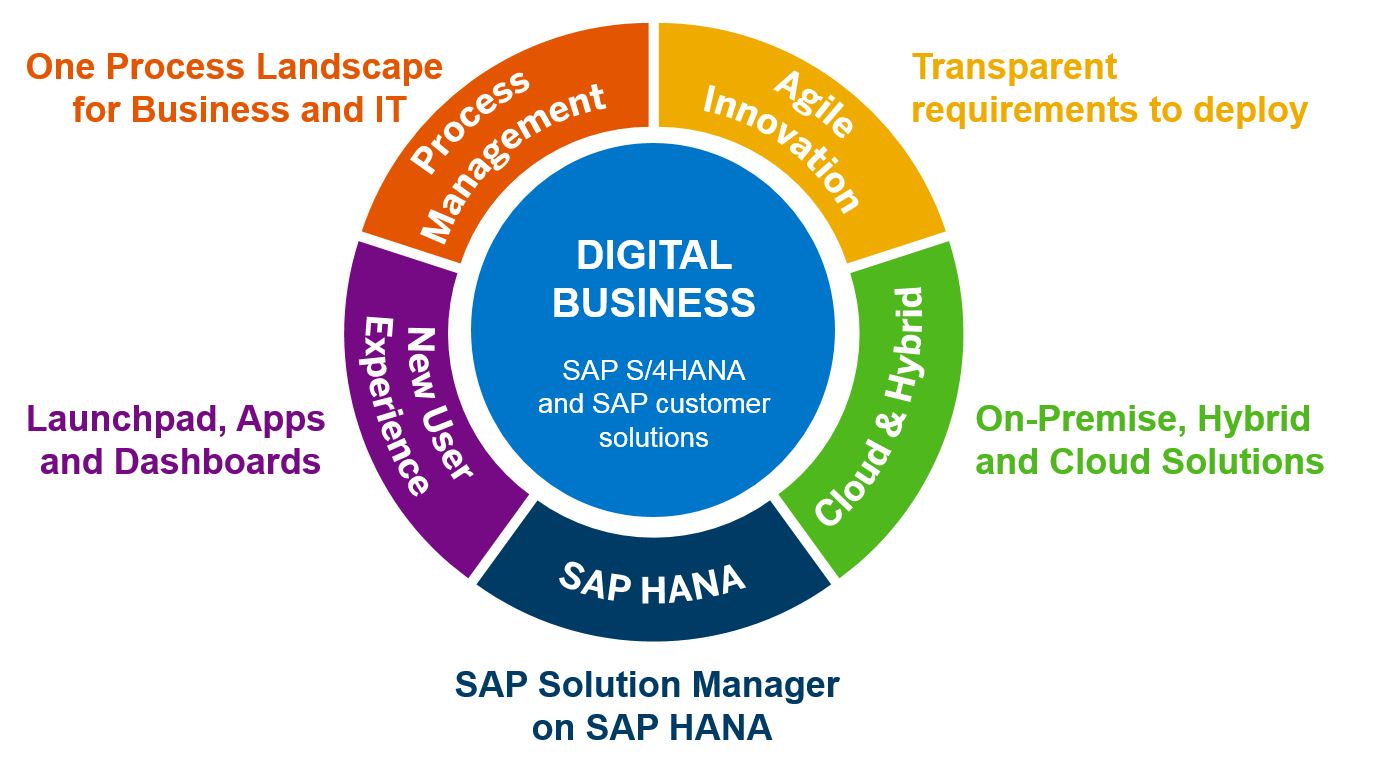Maximizing Your Potential: How Executive Coaching Can Help You Reach Your Goals

Are you a corporate executive hoping to advance your career? Do you feel that your abilities
and competences have plateaued and you want to acquire new ones? Or perhaps you’re in a
difficult professional scenario and want assistance and direction to get through it? If so,
executive coaching could be just what you need to realize your potential and achieve your
goals.
What is Executive Coaching?
Executive coaching is fundamentally a professional development procedure intended to assist
company executives in enhancing their performance and achieving their objectives. Executive
coaching is a collaborative and client–centered practice that focuses on the unique
requirements, difficulties, and objectives of the individual, in contrast to traditional mentoring or
advising, which tend to be more prescriptive in character.
Executive coaching may address a wide range of issues, including time management, stress
management, and personal branding in addition to leadership and communication skills.
Depending on the client’s goals and accomplishments, it can be provided in a variety of forms,
including one–on–one coaching sessions, group coaching, or virtual coaching, and last anywhere
from a few months to many years (learn more).
The importance placed on the coach–client connection is one of the main characteristics of
executive coaching. An accomplished executive coach assists the client in discovering their
strengths and shortcomings, setting meaningful objectives, and creating a strategy to reach
those goals. The coach provides feedback, guidance, and accountability, while also challenging
the client to step out of their comfort zone and try new approaches.
The Benefits of Executive Coaching
What are a few advantages of executive coaching, then? Research and anecdotal evidence
indicate that executive coaching may have a major positive influence on corporate executives
and their companies, while precise results may vary depending on the individual and the
circumstances. Here are a few potential advantages:
1. Gaining a greater knowledge of one’s personality, beliefs, and actions as well as how
they influence others is one of the benefits of executive coaching for corporate executives. They may recognize their blind spots, deal with their prejudices, and improve their communication and interpersonal abilities by being more self–aware.
2. Development of new competencies and abilities: Executive coaching may assist
company executives in developing new talents and skills necessary for success in the
complicated and fast–paced business world of today. These include, among others,
innovative thinking, cross–functional cooperation, and digital literacy.
3. Greater goal and priority clarity: Through the coaching process, corporate leaders may
make their objectives and priorities clearer and more in line with their values, both
personal and professional. They will be able to make better judgments, concentrate their
efforts and resources on the most important things, and stay away from distractions and
time wasters as a result.
4. Improved capacity for making and solving decisions: Executive coaching may also assist
company executives in improving their capacity for making and solving decisions. They
may make more confident and educated judgments and come up with innovative
solutions to difficult problems by learning to assess information, balance possibilities,
and take into account diverse viewpoints.
5. Finally, executive coaching may assist company executives in gaining more self–
assurance and fortitude in the face of difficulty. They may strengthen their resilience
muscles and become more adaptable and resourceful by learning how to handle stress,
deal with setbacks, and recover from failure.
How Executive Coaching Works
After seeing some of the possible advantages of executive coaching, let’s examine how the
procedure actually functions. Although each coaching engagement is different, most executive
coaching programs tend to have a few similar components. The key steps are as follows:
● Setting goals and objectives: Setting clear, defined goals and objectives is the first stage
in executive coaching. This entails discussing the client’s goals for the coaching process
as well as their present issues, strengths, and ambitions with them. The objectives must
to be quantifiable, doable, and pertinent to the client’s development both personally and
professionally.
● After the goals have been set, the coach and the client may evaluate the existing
situation and find any openings, gaps, or impediments that might be keeping the client
from achieving their objectives. Conducting evaluations, getting input from stakeholders
and coworkers, and evaluating performance statistics may all be necessary for this.
● Developing a development plan: Based on the objectives and the evaluation, the coach
and the client may come up with a unique development plan that identifies the precise
steps, checkpoints, and resources required to attain the intended results. The strategy
need to be reasonable, adaptable, and consistent with the client’s interests and values.
● Depending on the client’s choices and availability, coaching sessions may be conducted
in–person, over the phone, or online. Coaching sessions are the central component of
the coaching process. Together, the client and coach discuss the client’s obstacles,
assets, and development throughout these sessions. They also jointly develop solutions
and methods that can assist the client in achieving their objectives.
● Accountability and feedback: During the coaching process, the coach regularly gives the
client feedback on both their progress and their areas for growth. Additionally, the coach
helps the client overcome any challenges or setbacks they may have along the route in
addition to holding them responsible for their promises.
● Evaluation and follow–up: At the conclusion of the coaching engagement, the coach and
the client assess the outcomes and effect of the coaching process, and they pinpoint any
necessary next steps or development prospects. To make sure the client keeps making
progress and develops, the coach may also offer continuing assistance and follow–up.
Choosing the Right Coach
It’s crucial to pick the ideal coach who has the abilities, expertise, and coaching style that suit
your requirements and preferences if you want to get the most from executive coaching. Here
are some recommendations for choosing a coach:
1. It’s vital to seek for coaches who have recognized credentials and qualifications, such as
accreditation from a respectable coaching organization. Executive coaching is a field
that has little regulation.
2. Evaluate the experience and knowledge of the coach: Make sure the coach has a history
of producing successful outcomes and has expertise working with clients in your sector,
position, or environment. Look for testimonials, references, and case studies that attest
to the coach’s success.
3. Examine chemistry and compatibility: Executive coaching is a private and collaborative
process, so it’s critical to pick a coach with whom you can communicate easily and who
also shares your values and objectives. Make an appointment for a first consultation or
assessment session to learn more about the coach’s personality, approach, and style.
4. Make sure you and the coach are on the same page on the objectives, expectations,
and agreements before the coaching partnership begins. Talk about the details,
including the frequency and length of the coaching sessions, the costs, and the privacy
and confidentiality regulations.
Conclusion
Executive coaching can be a powerful tool for business leaders who want to maximize their
potential and achieve their goals. By working with a skilled coach who can provide feedback,
guidance, and accountability, business leaders can develop new skills and competencies, clarify
their goals and priorities, and become more effective decision–makers and problem–solvers. If
you’re considering executive coaching, take the time to choose the right coach who can help
you achieve your full potential and reach new heights in your career




